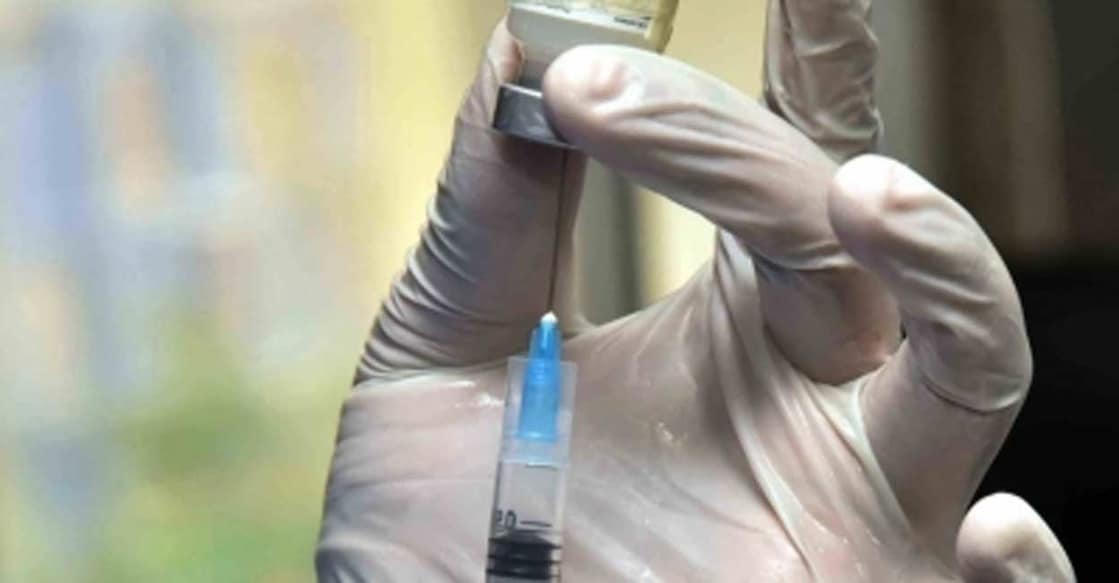HPV vaccine reduces cervical cancer rates by 87%

Mail This Article
London: The human papillomavirus (HPV) vaccine reduces cervical cancer rates by 87 per cent in women who were offered the jab between the ages of 12-13, says a new study published in the Lancet.
Researchers from King's College London, found the HPV vaccination programme prevented around 450 cervical cancers and around 17,200 pre-cancers by the middle of 2019.
They also found cervical cancer rates were reduced by 62 per cent in women offered vaccination between the ages of 14-16, and 34 per cent in women aged of 16-18 when they were offered the jab.
The study, looked at all cervical cancers diagnosed in England in women aged 20-64 between January 2006 and June 2019.
Three of these cohorts formed the vaccinated population, where women were vaccinated with Cervarix between the ages of 12-13, 14-16 and 16-18 respectively. Incidences of cervical cancer and non-invasive cervical carcinoma (CIN3) in the seven populations were recorded separately.
The vaccine programme started in England in 2008 and at the time used the bivalent vaccine, Cervarix, which protects against the two most common types of HPV. Since September 2012, the quadrivalent vaccine Gardasil has been used instead.
Almost all cervical cancers are caused by HPV. The vaccine is most effective when given before sexual activity when people are unlikely to have been exposed to HPV. The virus is linked to other cancers including vaginal, vulval, anal, penile and some head and neck cancers.
"It's been incredible to see the impact of HPV vaccination, and now we can prove it prevented hundreds of women from developing cancer in England. We've known for many years that HPV vaccination is very effective in preventing particular strains of the virus, but to see the real-life impact of the vaccine has been truly rewarding," said lead author Professor Peter Sasieni, lead author from the School of Cancer and Pharmaceutical Sciences.
"These remarkable findings confirm that the HPV vaccine saves lives by dramatically reducing cervical cancer rates among women. This reminds us that vaccines are one of the most important tools we have to help us live longer, healthier lives," added Dr Vanessa Saliba, Consultant Epidemiologist in Immunisations at Public Health England.

